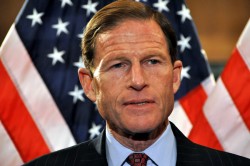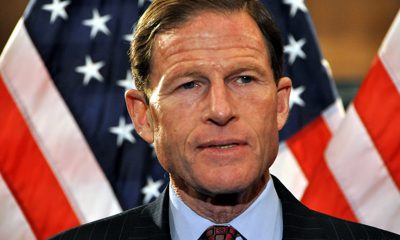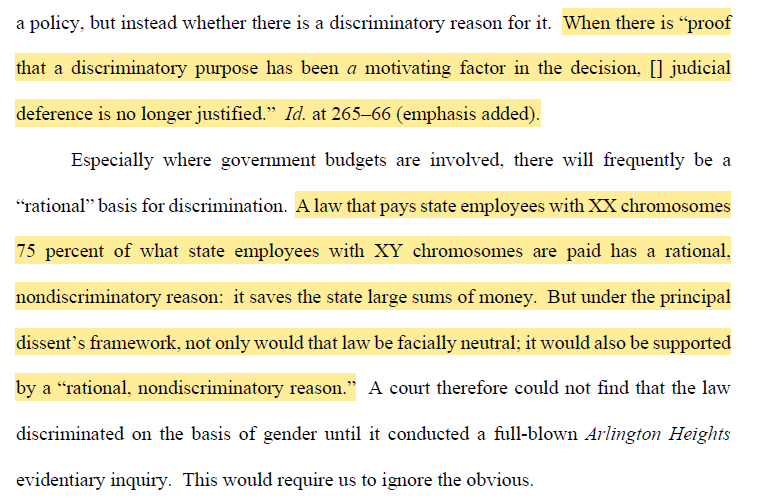National
Blumenthal seeks to aid lesbian bi-national couple
Senator wants marriage-based green card application put on hold

The junior senator from Connecticut is asking the Obama administration to hold a green card petition for a British national in same-sex relationship who would be eligible for residency in the United States if not for the Defense of Marriage Act.
In the Nov. 10 letter, Sen. Richard Blumenthal (D-Conn.) asks the Department of Homeland Security to hold the application for Kelli Ryan and her wife Lucy Truman. The couple, married in Connecticut in 2010, is seeking a green card through a marriage-based petition so that Truman, a citizen of the United Kingdom, can reside in the United States.
“Kelli and Lucy are active and valuable members of our community,” Blumenthal writes. “The United States stands to lose two highly intelligent and talented women to the United Kingdom if Lucy — a talented clinician, scientist, and valuable member of our community — is not able to stay in the United States.”
MORE IN THE BLADE: US BALKS AT ASYLUM FOR GAY SAUDI DIPLOMAT
A U.S. citizen with a Ph.D. in immunology, Ryan works for a pharmaceutical company on drug discovery research to help combat autoimmune diseases, such as multiple sclerosis. Truman is an ENT surgeon and a post-doctoral fellow at Yale. The couple filed their marriage-based application on Thursday.
Blumenthal asks Secretary of Homeland Security Janet Napolitano to hold the application on the basis that the Obama administration determined that DOMA is unconstitutional in February and the validity of the anti-gay law remains in question.
“The question of DOMA’s constitutionality and validity as applied to the lawful marriages of same-sex couples in states like Connecticut has yet to be decided by the federal courts and Congress,” Blumenthal writes. “Until such a final determination is made, I ask that you withhold judgment on the validity of this petition from lawfully married Connecticut citizens.”
Under current immigration law, straight Americans can sponsor their foreign spouses for residency in the United States. But the Defense of Marriage Act, which prohibits federal recognition of same-sex marriage, prohibits gay Americans from taking the same action for their same-sex spouses.
During a conference call Thursday, Ryan said the lack of her ability to sponsor her spouse for residency has been burdensome in decisions such as buying furniture, financial planning, and having children.
“There are some very simple practical everyday aspects of lives that are affected,” Ryan said. “For example, it’s really difficult to do any sort of planning — even for the short term — let alone the long term.”
Truman isn’t currently in danger of deportation from the country. She said during the conference call she’s currently able to stay within the United States on a work-based visa. However, that visa must be renewed every two years.
Blumenthal’s letter isn’t the first time lawmakers have urged DHS to hold marriage-based green applications in abeyance for bi-national gay couples. Rep. Zoe Lofgren (D-Calif.) and 47 other House members in April sent a letter to DHS asking for relief. A similar letter from Sen. John Kerry (D-Mass.) and 11 other senators was sent to DHS in the same month.
The Department of Homeland Security didn’t respond to the Washington Blade’s request to comment on the most recent letter from Blumenthal. The Obama administration has said even though it believes DOMA is unconstitutional and won’t defend the law in court, the law will still be enforced as long as it remains on the books.
Blumenthal joins Immigration Equality is seeking to take action for Ryan and Truman. The LGBT immigration group is representing the couple in their bid to remain together in the United States.
Read the full text of Blumenthal’s letter here:
The Honorable Janet Napolitano
Secretary
Department of Homeland Security
Washington DC, 20393
Dear Madam Secretary,
I respectfully request that the Department of Homeland Security (DHS), and United States Citizenship and Immigration Services (USCIS) in particular, hold the spousal petition of Kelli Ryan and her wife Lucy Truman in abeyance pending a final determination of the constitutionality of the Defense of Marriage Act (DOMA). The Department of Justice (DOJ) has already indicated that it believes the law to be unconstitutional, and has declined to defend it in court. Moreover, the question of DOMA’s constitutionality and validity as applied to the lawful marriages of same-sex couples in states like Connecticut has yet to be decided by the federal courts and Congress. Until such a final determination is made, I ask that you withhold judgment on the validity of this petition from lawfully married Connecticut citizens.
In a letter dated April 14, 2011 addressed to you and Attorney General Holder by Representative Lofgren and 47 other members of the United States House of Representatives, similar relief was requested for all married couples of the same sex seeking spousal immigration sponsorship. These 48 Representatives asserted that holding same-sex spousal petitions in abeyance would not disrespect existing law, but would rather, “prevent the potentially irreparable harm that would be caused by application of a law that is currently under review by the courts and the U.S. Congress.” Until a final determination of the status of this law is made, the status quo should be preserved.
Also in April, Senator Kerry and 11 other Senators wrote to you and Attorney General Holder asking that you hold marriage-based petitions in abeyance pending legislative or judicial resolution of the constitutionality of DOMA. In a joint response, you and the Attorney General indicated that both DHS, including relevant sub-agencies such as USCIS, and DOJ exercise discretion in their treatment of individual cases. In my opinion, the couple in the present case deserves such review and should have their spousal petition held in abeyance.
Kelli Ryan and Lucy Truman met in Scotland in 2000. They entered into a civil union in the United Kingdom in 2006 and married in Connecticut in 2010. Kelli is a United States citizen with a Ph.D. in immunology. Lucy, who hails from the United Kingdom, is an ENT surgeon with an M.D. Ph.D. Kelli works for a pharmaceutical company in Connecticut, and is deeply engaged in drug discovery research to help combat deadly autoimmune diseases, with a particular focus on multiple sclerosis. Lucy is a post-doctoral fellow at Yale. Kelli and Lucy are active and valuable members of our community. Having been lawfully married in Connecticut, they now seek to establish long-term roots in our state. Kelli would like to sponsor Lucy for a family-based immigration visa in the hopes of making Connecticut their permanent home. The United States stands to lose two highly intelligent and talented women to the United Kingdom if Lucy – a talented clinician, scientist, and valuable member of our community – is not able to stay in the United States.
In the wake of Attorney General Holder’s February 23, 2011 letter to Congress announcing that the President will no longer defend DOMA in federal court, couples like Kelli and Lucy face great uncertainty about their treatment under the law. Historically, the Department of Homeland Security has responded to such uncertainty by taking administrative actions to ensure the preservation of the status quo until a resolution has been achieved. For instance, in July 2009, DHS temporarily deferred action with regard to the widows of American citizens and their minor children to await impending legislative action that would provide those individuals with a path toward permanent resident status. A similar approach should be taken with regard to section 3 of DOMA as applied to lawful marriages of same-sex couples.
Ultimately, I believe DHS should establish a mechanism allowing couples similarly situated to Kelli and Lucy to have their green card applications held in abeyance. In the absence of such a mechanism, however, I ask that you act in this particular case to provide temporary relief to Kelli Ryan and Lucy Truman by holding their spousal petition in abeyance in an effort to avoid future harm to this couple and to the State of Connecticut. I appreciate your time and attention to this important matter.
National
United Methodist Church removes 40-year ban on gay clergy
Delegates also voted for other LGBTQ-inclusive measures
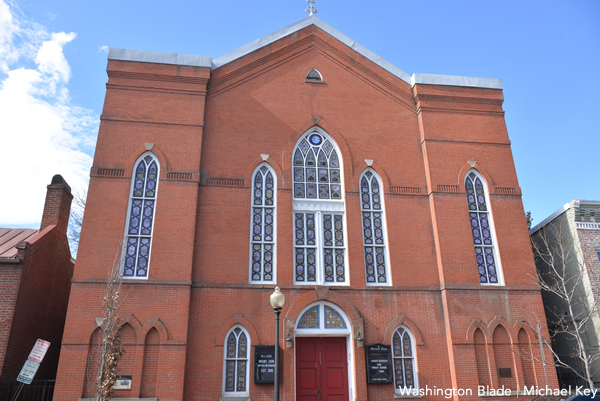
The United Methodist Church on Wednesday removed a ban on gay clergy that was in place for more than 40 years, voting to also allow LGBTQ weddings and end prohibitions on the use of United Methodist funds to “promote acceptance of homosexuality.”
Overturning the policy forbidding the church from ordaining “self-avowed practicing homosexuals” effectively formalized a practice that had caused an estimated quarter of U.S. congregations to leave the church.
The New York Times notes additional votes “affirming L.G.B.T.Q. inclusion in the church are expected before the meeting adjourns on Friday.” Wednesday’s measures were passed overwhelmingly and without debate. Delegates met in Charlotte, N.C.
According to the church’s General Council on Finance and Administration, there were 5,424,175 members in the U.S. in 2022 with an estimated global membership approaching 10 million.
The Times notes that other matters of business last week included a “regionalization” plan, which gave autonomy to different regions such that they can establish their own rules on matters including issues of sexuality — about which international factions are likelier to have more conservative views.
Federal Government
Republican state AGs challenge Biden administration’s revised Title IX policies
New rules protect LGBTQ students from discrimination

Four Republicans state attorneys general have sued the Biden-Harris administration over the U.S. Department of Education’s new Title IX policies that were finalized April 19 and carry anti-discrimination protections for LGBTQ students in public schools.
The lawsuit filed on Tuesday, which is led by the attorneys general of Kentucky and Tennessee, follows a pair of legal challenges from nine Republican states on Monday — all contesting the administration’s interpretation that sex-based discrimination under the statute also covers that which is based on the victim’s sexual orientation or gender identity.
The administration also rolled back Trump-era rules governing how schools must respond to allegations of sexual harassment and sexual assault, which were widely perceived as biased in favor of the interests of those who are accused.
“The U.S. Department of Education has no authority to let boys into girls’ locker rooms,” Tennessee Attorney General Jonathan Skrmetti said in a statement. “In the decades since its adoption, Title IX has been universally understood to protect the privacy and safety of women in private spaces like locker rooms and bathrooms.”
“Florida is suing the Biden administration over its unlawful Title IX changes,” Florida Gov. Ron DeSantis wrote on social media. “Biden is abusing his constitutional authority to push an ideological agenda that harms women and girls and conflicts with the truth.”
After announcing the finalization of the department’s new rules, Education Secretary Miguel Cardona told reporters, “These regulations make it crystal clear that everyone can access schools that are safe, welcoming and that respect their rights.”
The new rule does not provide guidance on whether schools must allow transgender students to play on sports teams corresponding with their gender identity to comply with Title IX, a question that is addressed in a separate rule proposed by the agency in April.
LGBTQ and civil rights advocacy groups praised the changes. Lambda Legal issued a statement arguing the new rule “protects LGBTQ+ students from discrimination and other abuse,” adding that it “appropriately underscores that Title IX’s civil rights protections clearly cover LGBTQ+ students, as well as survivors and pregnant and parenting students across race and gender identity.”
Federal Government
4th Circuit rules gender identity is a protected characteristic
Ruling a response to N.C., W.Va. legal challenges
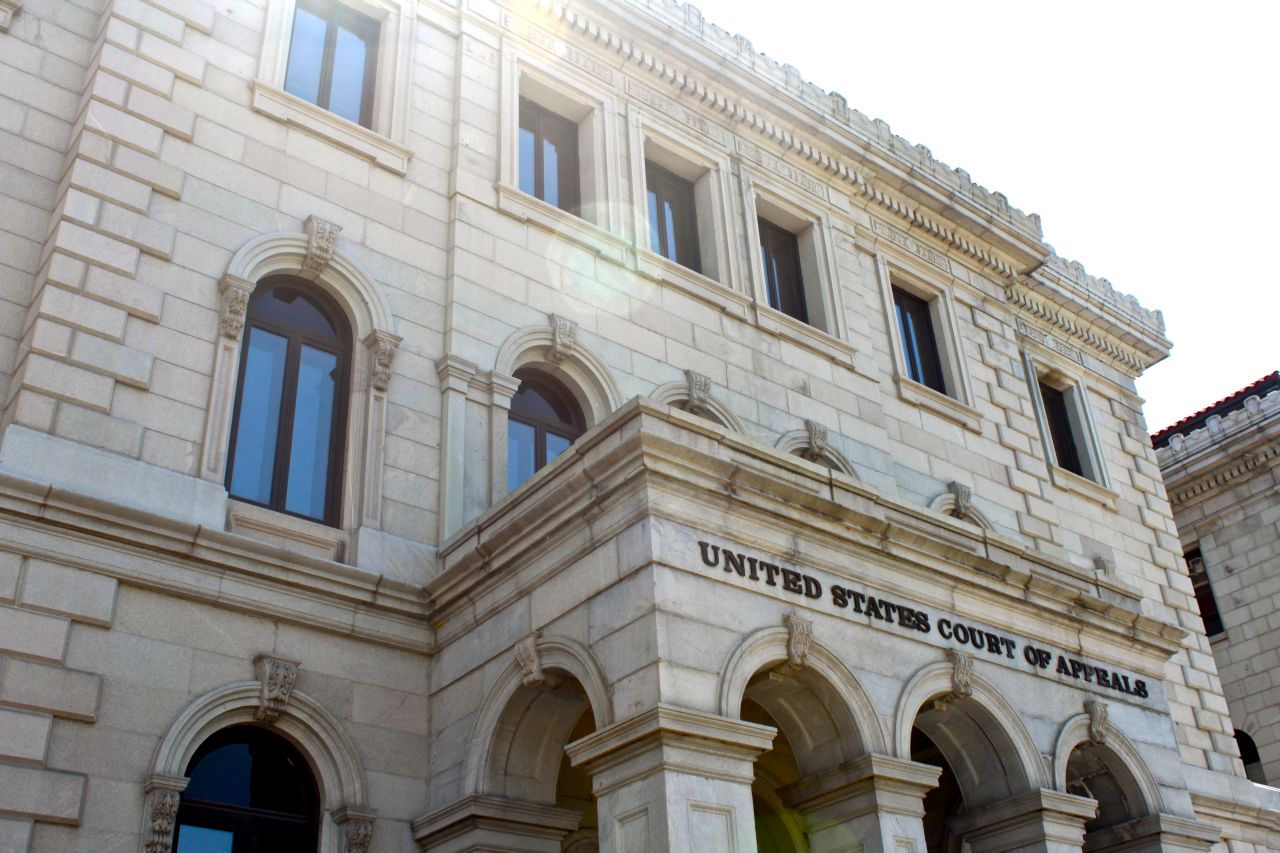
BY ERIN REED | The 4th U.S. Circuit Court of Appeals ruled Monday that transgender people are a protected class and that Medicaid bans on trans care are unconstitutional.
Furthermore, the court ruled that discriminating based on a diagnosis of gender dysphoria is discrimination based on gender identity and sex. The ruling is in response to lower court challenges against state laws and policies in North Carolina and West Virginia that prevent trans people on state plans or Medicaid from obtaining coverage for gender-affirming care; those lower courts found such exclusions unconstitutional.
In issuing the final ruling, the 4th Circuit declared that trans exclusions were “obviously discriminatory” and were “in violation of the equal protection clause” of the Constitution, upholding lower court rulings that barred the discriminatory exclusions.
The 4th Circuit ruling focused on two cases in states within its jurisdiction: North Carolina and West Virginia. In North Carolina, trans state employees who rely on the State Health Plan were unable to use it to obtain gender-affirming care for gender dysphoria diagnoses.
In West Virginia, a similar exclusion applied to those on the state’s Medicaid plan for surgeries related to a diagnosis of gender dysphoria. Both exclusions were overturned by lower courts, and both states appealed to the 4th Circuit.
Attorneys for the states had argued that the policies were not discriminatory because the exclusions for gender affirming care “apply to everyone, not just transgender people.” The majority of the court, however, struck down such a claim, pointing to several other cases where such arguments break down, such as same-sex marriage bans “applying to straight, gay, lesbian, and bisexual people equally,” even though straight people would be entirely unaffected by such bans.
Other cases cited included literacy tests, a tax on wearing kippot for Jewish people, and interracial marriage in Loving v. Virginia.
See this portion of the court analysis here:
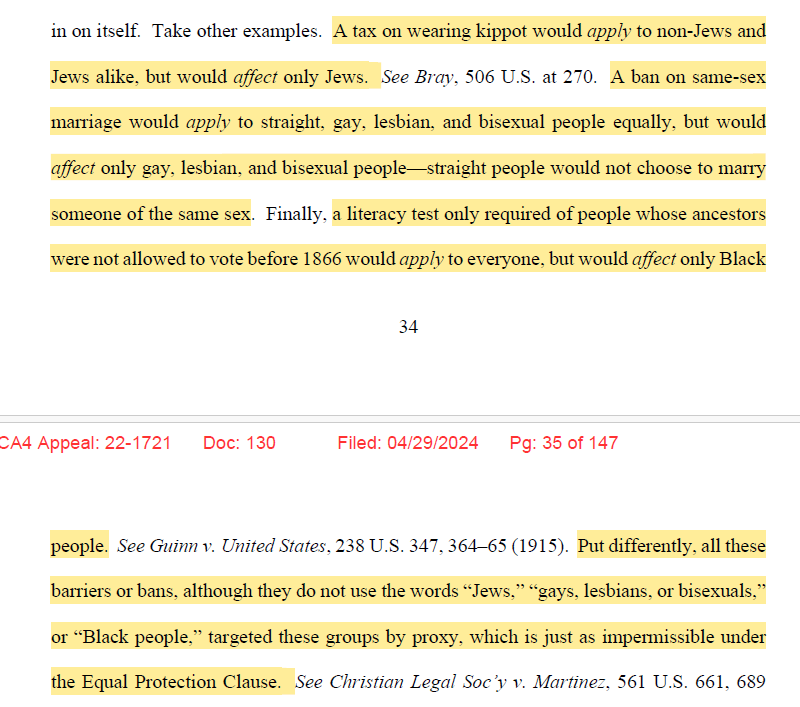
Of particular note in the majority opinion was a section on Geduldig v. Aiello that seemed laser-targeted toward an eventual U.S. Supreme Court decision on discriminatory policies targeting trans people. Geduldig v. Aiello, a 1974 ruling, determined that pregnancy discrimination is not inherently sex discrimination because it does not “classify on sex,” but rather, on pregnancy status.
Using similar arguments, the states claimed that gender affirming care exclusions did not classify or discriminate based on trans status or sex, but rather, on a diagnosis of gender dysphoria and treatments to alleviate that dysphoria.
The majority was unconvinced, ruling, “gender dysphoria is so intimately related to transgender status as to be virtually indistinguishable from it. The excluded treatments aim at addressing incongruity between sex assigned at birth and gender identity, the very heart of transgender status.” In doing so, the majority cited several cases, many from after Geduldig was decided.
Notably, Geduldig was cited in both the 6th and 11th Circuit decisions upholding gender affirming care bans in a handful of states.
The court also pointed to the potentially ridiculous conclusions that strict readings of what counts as proxy discrimination could lead to, such as if legislators attempted to use “XX chromosomes” and “XY chromosomes” to get around sex discrimination policies:
Importantly, the court also rebutted recent arguments that Bostock applies only to “limited Title VII claims involving employers who fired” LGBTQ employees, and not to Title IX, which the Affordable Care Act’s anti-discrimination mandate references. The majority stated that this is not the case, and that there is “nothing in Bostock to suggest the holding was that narrow.”
Ultimately, the court ruled that the exclusions on trans care violate the Equal Protection Clause of the Constitution. The court also ruled that the West Virginia Medicaid Program violates the Medicaid Act and the anti-discrimination provisions of the Affordable Care Act.
Additionally, the court upheld the dismissal of anti-trans expert testimony for lacking relevant expertise. West Virginia and North Carolina must end trans care exclusions in line with earlier district court decisions.
The decision will likely have nationwide impacts on court cases in other districts. The case had become a major battleground for trans rights, with dozens of states filing amicus briefs in favor or against the protection of the equal process rights of trans people. Twenty-one Republican states filed an amicus brief in favor of denying trans people anti-discrimination protections in healthcare, and 17 Democratic states joined an amicus brief in support of the healthcare rights of trans individuals.
Many Republican states are defending anti-trans laws that discriminate against trans people by banning or limiting gender-affirming care. These laws could come under threat if the legal rationale used in this decision is adopted by other circuits. In the 4th Circuit’s jurisdiction, West Virginia and North Carolina already have gender-affirming care bans for trans youth in place, and South Carolina may consider a similar bill this week.
The decision could potentially be used as precedent to challenge all of those laws in the near future and to deter South Carolina’s bill from passing into law.
The decision is the latest in a web of legal battles concerning trans people. Earlier this month, the 4th Circuit also reversed a sports ban in West Virginia, ruling that Title IX protects trans student athletes. However, the Supreme Court recently narrowed a victory for trans healthcare from the 9th U.S. Circuit Court of Appeals and allowed Idaho to continue enforcing its ban on gender-affirming care for everyone except the two plaintiffs in the case.
Importantly, that decision was not about the constitutionality of gender-affirming care, but the limits of temporary injunctions in the early stages of a constitutional challenge to discriminatory state laws. It is likely that the Supreme Court will ultimately hear cases on this topic in the near future.
Celebrating the victory, Lambda Legal Counsel and Health Care Strategist Omar Gonzalez-Pagan said in a posted statement, “The court’s decision sends a clear message that gender-affirming care is critical medical care for transgender people and that denying it is harmful and unlawful … We hope this decision makes it clear to policy makers across the country that health care decisions belong to patients, their families, and their doctors, not to politicians.”
****************************************************************************

Erin Reed is a transgender woman (she/her pronouns) and researcher who tracks anti-LGBTQ+ legislation around the world and helps people become better advocates for their queer family, friends, colleagues, and community. Reed also is a social media consultant and public speaker.
******************************************************************************************
The preceding article was first published at Erin In The Morning and is republished with permission.

